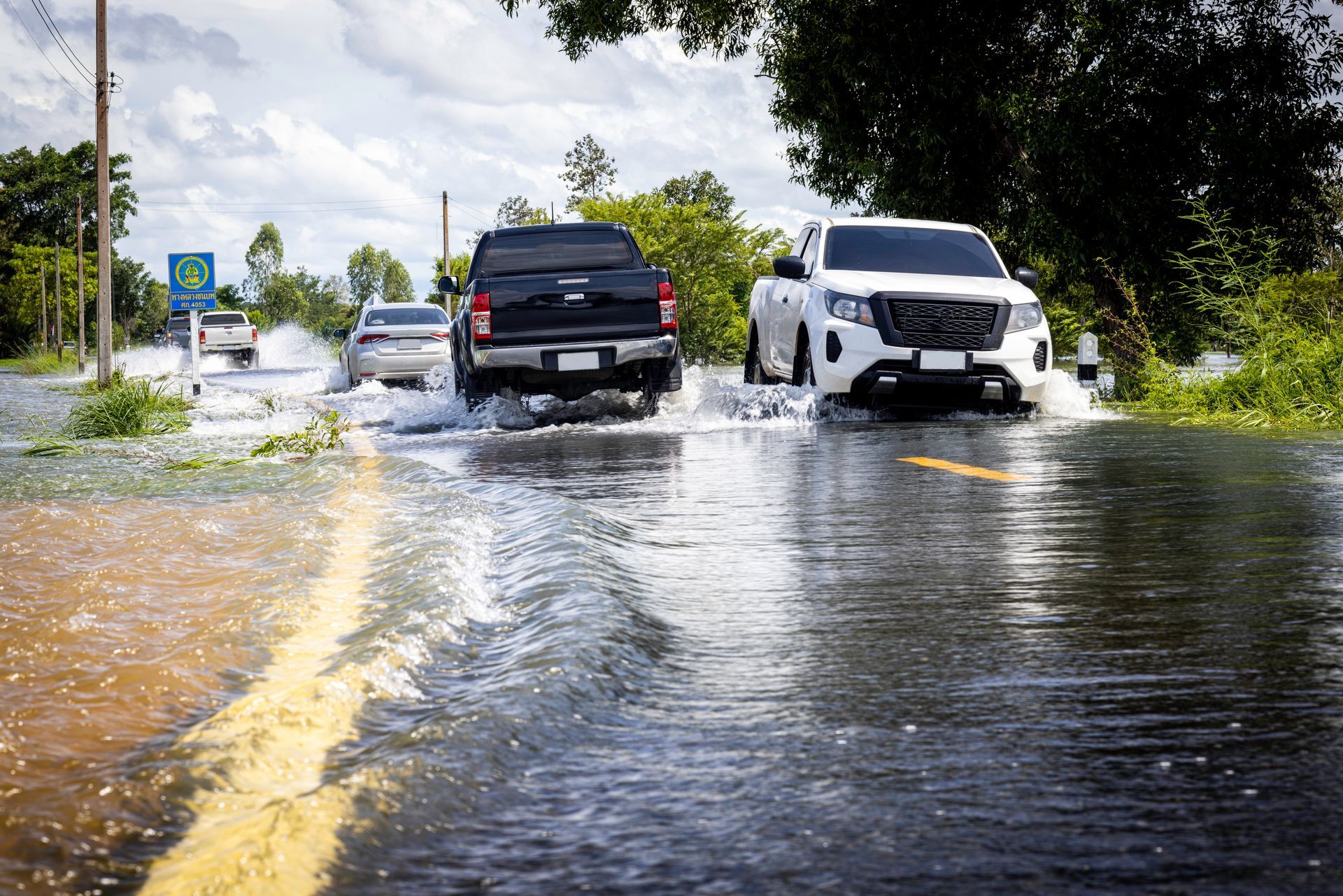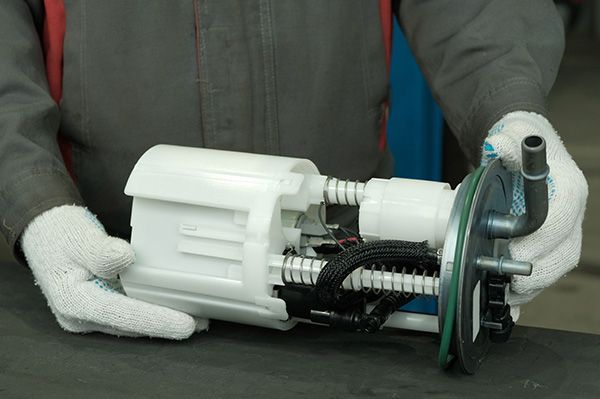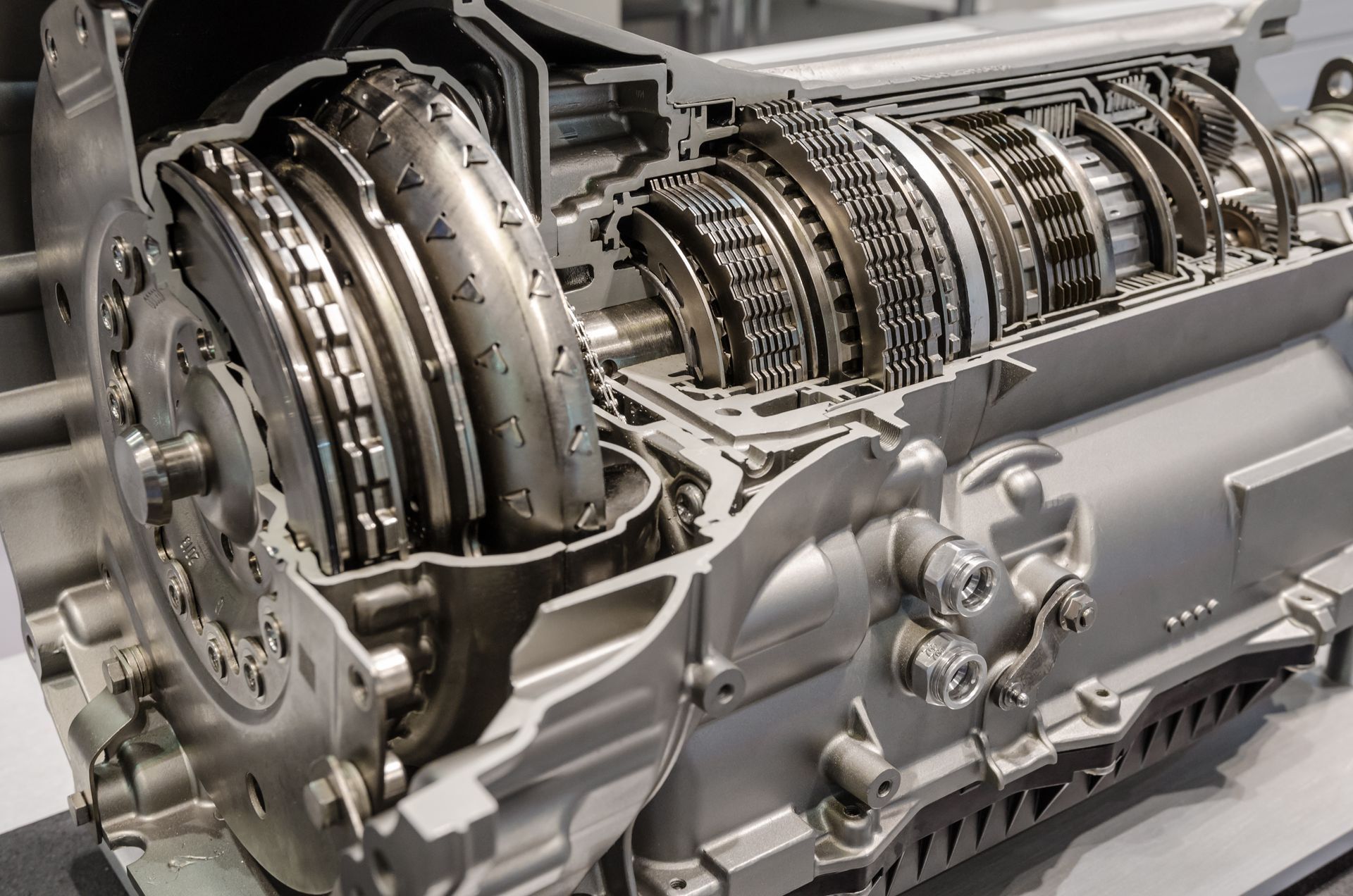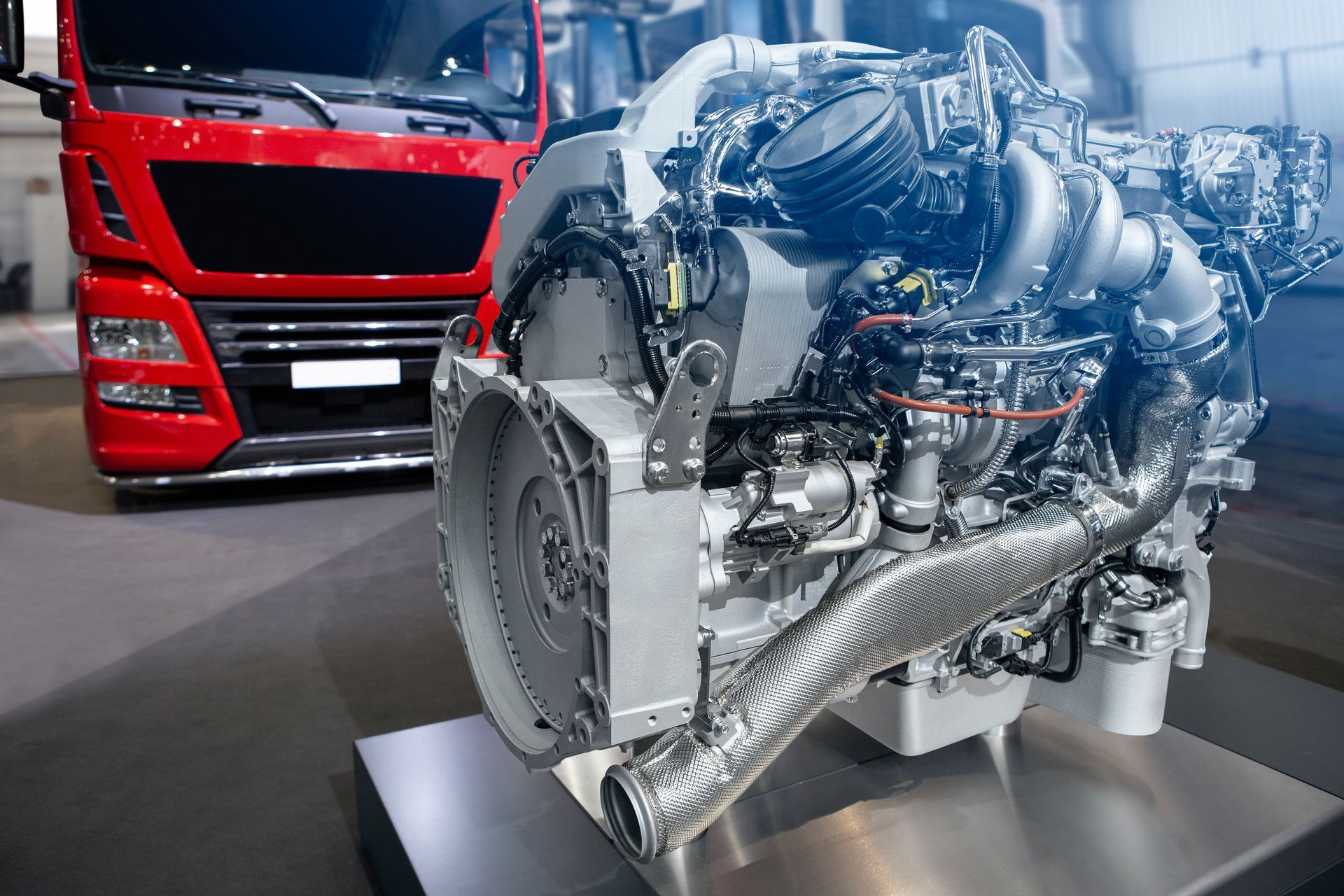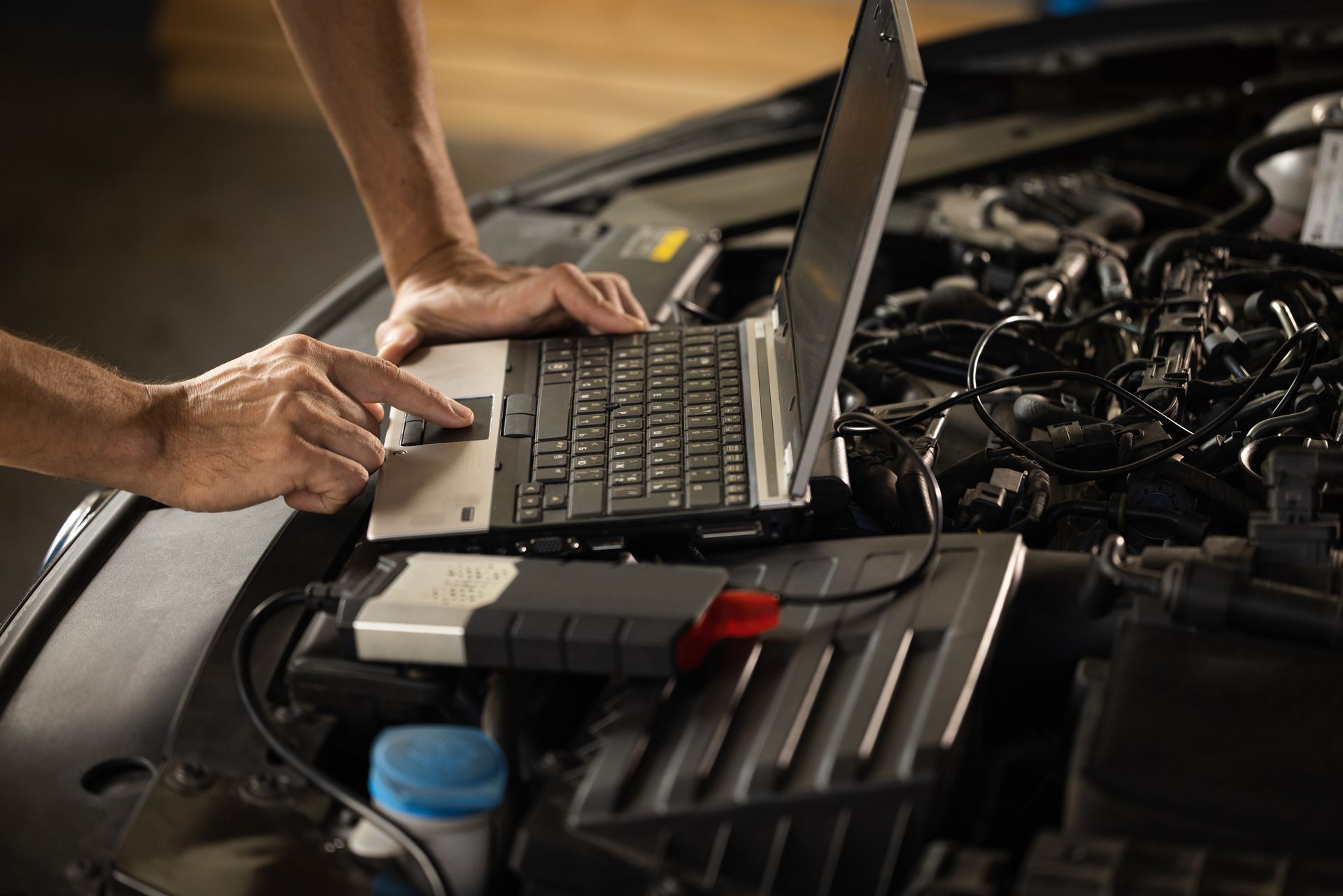Loading ...
Missing business hours data / Error occurred while getting the data.
Loading ...
Missing business hours data / Error occurred while getting the data.
The Hidden Problem in Diesel Engines: When Your DPF Fails
February 28, 2025
Diesel engines are built for power, efficiency, and durability. This is the reason they are a top choice for trucks, work vehicles, and heavy-duty applications. But like any system, they come with their own set of challenges. One of the biggest hidden issues in modern diesel engines is the Diesel Particulate Filter (DPF)—a component designed to reduce emissions. When it works correctly, it traps harmful soot and particulate matter, keeping emissions within legal limits. But when it fails? That’s when the real problems begin.
What Does the DPF Do
The Diesel Particulate Filter is a key part of your engine’s emissions control system. It captures and stores soot produced by diesel combustion, preventing it from being released into the air. To keep the filter from clogging, it undergoes a process called regeneration, where built-up soot is burned off at high temperatures. This process happens automatically while driving, but under certain conditions, it can fail—leading to blockages that can cause serious engine performance issues.
Most vehicles have two types of regeneration:
- Passive Regeneration – Occurs during long drives at higher speeds, allowing the engine’s heat to naturally burn off accumulated soot.
- Active Regeneration – The engine injects extra fuel to increase exhaust temperatures and force the DPF to clean itself when passive regeneration isn’t enough.
If these processes aren’t completed properly, the DPF can become clogged, triggering warning lights and reducing engine efficiency.
Signs Your DPF Is Failing
A failing DPF doesn’t always give immediate warning signs, but over time, your diesel engine will show clear symptoms that something isn’t right.
Reduced Engine Performance and Power Loss
A clogged DPF restricts exhaust flow, making it harder for your engine to push out emissions. This increased backpressure leads to noticeable power loss, sluggish acceleration, and difficulty maintaining speed—especially when hauling heavy loads. If your truck or diesel-powered vehicle suddenly feels weaker than usual, a blocked DPF could be the reason.
Increased Fuel Consumption
When the DPF isn’t functioning correctly, your engine works harder than it should. This leads to excessive fuel consumption as the engine struggles to maintain efficiency. You might find yourself refueling more often than usual without any change in driving habits. If your diesel truck or vehicle is burning through fuel faster than normal, it’s worth checking the DPF system.
DPF or Check Engine Warning Light
Most modern diesel vehicles have a dedicated DPF warning light on the dashboard. Others only have the check engine light. If any of them come on and stays on, it’s a clear sign that the filter isn’t regenerating properly. Some vehicles will also enter limp mode, reducing power to prevent further damage. Ignoring the warning can lead to costly repairs, so it’s best to address the issue as soon as possible.
Strong Exhaust Smell or Excessive Smoke
A properly functioning DPF keeps emissions in check, so if you’re seeing excessive smoke or noticing a strong diesel odor, something is wrong. Black smoke from the exhaust is a major red flag—it indicates unburned fuel or a clogged filter preventing proper emission control.
Why Do DPFs Fail
DPFs are designed to last, but they aren’t immune to failure. Several factors can contribute to premature clogging or malfunctioning.
- Frequent Short Trips – If you only drive short distances at low speeds, the engine may never reach the temperatures needed for proper regeneration.
- Poor Fuel Quality – Low-quality diesel fuel can create excessive soot buildup, overloading the DPF.
- Faulty Sensors or Injectors – Malfunctioning fuel injectors can lead to incomplete combustion, increasing soot accumulation.
- Ignoring Warning Lights – Delaying maintenance or ignoring the DPF warning light can turn a minor clog into a major repair.
How We Fix DPF Issues
At Riley’s Auto & Diesel Repairs, we specialize in diagnosing and repairing diesel engine problems, including DPF failures. If your vehicle is experiencing DPF-related issues, our expert technicians will assess the situation and provide the best solution.
- DPF Cleaning – If the filter is clogged but still functional, we use professional cleaning methods to remove trapped soot and restore proper airflow.
- Forced Regeneration – Using advanced diagnostic tools, we can trigger a forced regeneration to burn off excess buildup.
- Sensor and Injector Repairs – If the issue is related to faulty sensors or injectors, we replace them to prevent further DPF problems.
- DPF Replacement – In cases where the filter is beyond repair, we install high-quality replacements to ensure your diesel engine runs efficiently.
Ignoring DPF problems can lead to severe engine damage, costly repairs, and even legal issues due to emission violations. If you’re in Lacombe, LA, and need expert DPF diagnostics and repair, our team is ready to help.
A failing DPF can cost you fuel efficiency and power. At
Riley’s Auto & Diesel Repairs in Lacombe, LA, we specialize in diesel engine repairs, including DPF cleaning and replacements. Visit us today and get back on the road with confidence!
Loading ...
Missing business hours data / Error occurred while getting the data.

Loading ...
Missing nap lines data / Error occured while getting the data.


